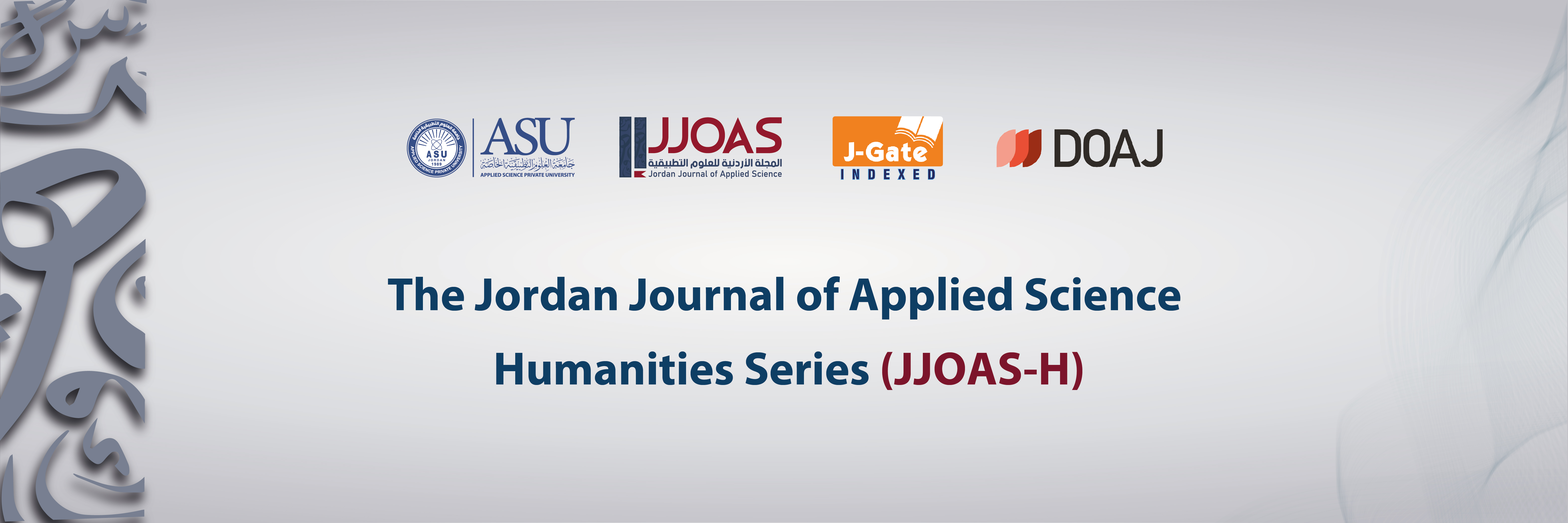
DOI
https://doi.org/10.35192/jjoas-h.v41i1.797
Abstract
This study aimed to identify the Malaysian experience in issuing Islamic bonds and to evaluate them legally and economically. The study followed descriptive and inductive approaches. It consisted of a preface, two chapters, and a conclusion, covering Murabaha sukuk, deferred sale sukuk, mudarabah sukuk, musharaka sukuk, ijara sukuk, and istisna sukuk. The study concluded that there are legitimate violations in the instruments of Murabaha, deferred sale, and Istisna because they are based on the forbidden sale of the sample by Sharia. However, the Shariah Committee of Islamic Sukuk in Malaysia permits the sale of the eye. The instruments of speculation, participation, and leasing comply with the provisions issued by the Accounting and Auditing Organization for Islamic Financial Institutions. Sukuk also has positive economic effects on Malaysia, including enabling the Malaysian government to avoid borrowing or issuing debt bonds to finance the budget deficit and public projects. They also have positive effects on employment, national income, and economic growth. The study recommends issuing more instruments related to agricultural activity and avoiding dealing with the sale of the sample, which is forbidden by Sharia.
Recommended Citation
Abu Salim, Alaa and bani Essa, Mohammad
(2024)
"Malaysian Experience in Islamic Sukuk Legitimate Economic Assessment,"
Jordan Journal of Applied Science-Humanities Series: Vol. 41:
Iss.
1, Article 1.
DOI: https://doi.org/10.35192/jjoas-h.v41i1.797
Available at:
https://digitalcommons.aaru.edu.jo/jjoas-h/vol41/iss1/1
Included in
© 2024 by the author(s). This is an open-access article distributed under the terms of the CC BY 4.0 Attribution license.

